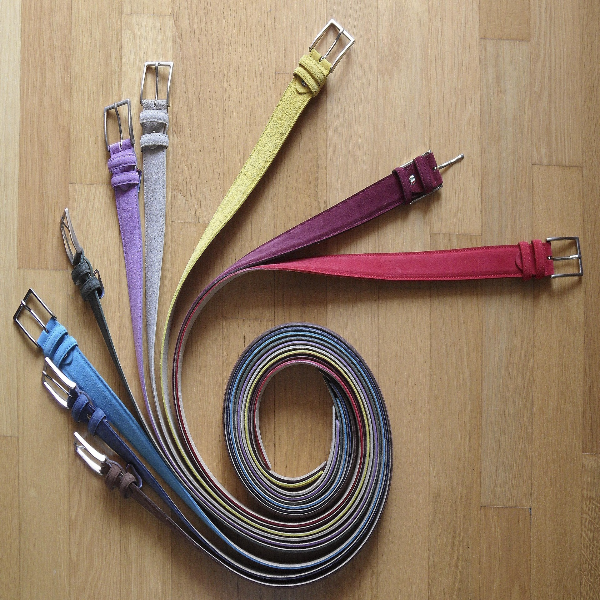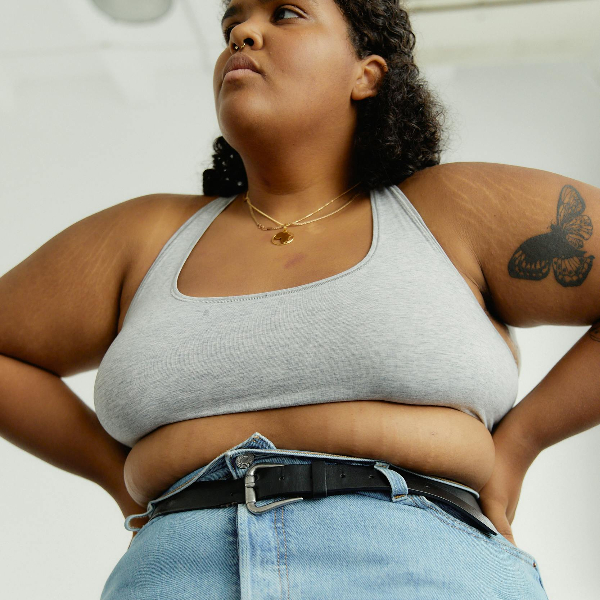How to Measure Belt Size the Easy Way
A Simple Guide for the Perfect Fit Every Time
Why It's Important to Choose the Right Belt Size
A belt that fits isn’t just about looking sharp—it’s practical too. Too small, and you’re stuck; too big, and you’re wrestling with extra flop.
The Perfect Fit: Why It Matters
For the best fit, a belt of the appropriate size should hit the middle hole. This method has worked wonders for me, and it can save you a lot of frustration.

Things You Need to Get Started
You only need the basics to get started:
- A flexible measuring tape (the sewing kind works great)
- A belt you already wear (if you have one)
- Something to write with—pen, paper, or even your phone works
No Measuring Tape? Here’s My String Trick
If you’re caught without a tape, simply use a strip of paper or some string. Wrap it around your waist, mark where it meets, and measure that length with a ruler. Add those 2-3 inches, and you’re good to go.
How to Measure Belt Size: The Steps That Worked for Me
Step 1: Locate Your Waist Size
Wrap the measuring tape around your waist, right where you’d wear the belt—usually over your pants. Keep it snug but not tight, and measure after lunch, as your waist expands a bit during the day.
Step 2: Look at a Belt You Already Like
Got a belt that fits just right? Lay it flat and measure from the buckle’s base (where the prong sits) to the hole you use. For example, my favorite brown belt clocked in at 35 inches.
Pro Tip: Double-check your waist measurement if your belt has stretched over time.

Step 3: Add a Couple Inches for the Win
Take your waist number and add 2-3 inches. For example, a 33-inch waist works best with a 35- or 36-inch belt. This gives you enough tail for style and practicality.
Pro Tip: Lean toward 3 inches if you like thicker pants or a longer tail.
Step 4: Match It to a Size Chart
Check your size on a belt sizing chart from the brand you're purchasing. For instance, my 36-inch waist usually corresponds to a medium, but always confirm the sizing because it can vary between brands.
Pro Tip: If you’re in between sizes, always go up. It’s easier to poke an extra hole than to stretch a tight belt.
Mistakes I’ve Made (So You Don’t Have To)
Common Mistakes to Avoid
- Measuring Too Loose: If the tape is floppy, you’ll end up with a belt that’s too big. Always keep it snug.
- Skipping the Pants: Don't measure your waist without your pants on! Jeans add bulk, so measure with them on for an accurate fit.

A Couple Pro Tricks I Picked Up
Belt Sizing Tips from the Pros
- Measure on a “chill” day—not when you’re freezing or sweaty.
- Always aim for the middle hole when buckling up—that’s the sweet spot for adjustability.
Why This Method’s a Keeper
It’s simple, effective, and accurate. I tested this method against store sizing gadgets and it matched perfectly. It’s quick, affordable, and works every time.
Finalizing It: No More Belt Mistakes!
Measuring your belt size doesn’t need to be complicated. With just a tape or even some string, you can get the perfect fit every time. Next time you’re buying a belt online—like those sleek, timeless pieces from Max Mara, known for their Italian craftsmanship and spot-on sizing—you’ll know exactly what to click. No more guesswork, just a belt that fits like it was made for you!
About the Author
Alex Reed has been tinkering with style and fit for 12 years, sharing real-world tips from a closet full of lessons (and a few bad belts).